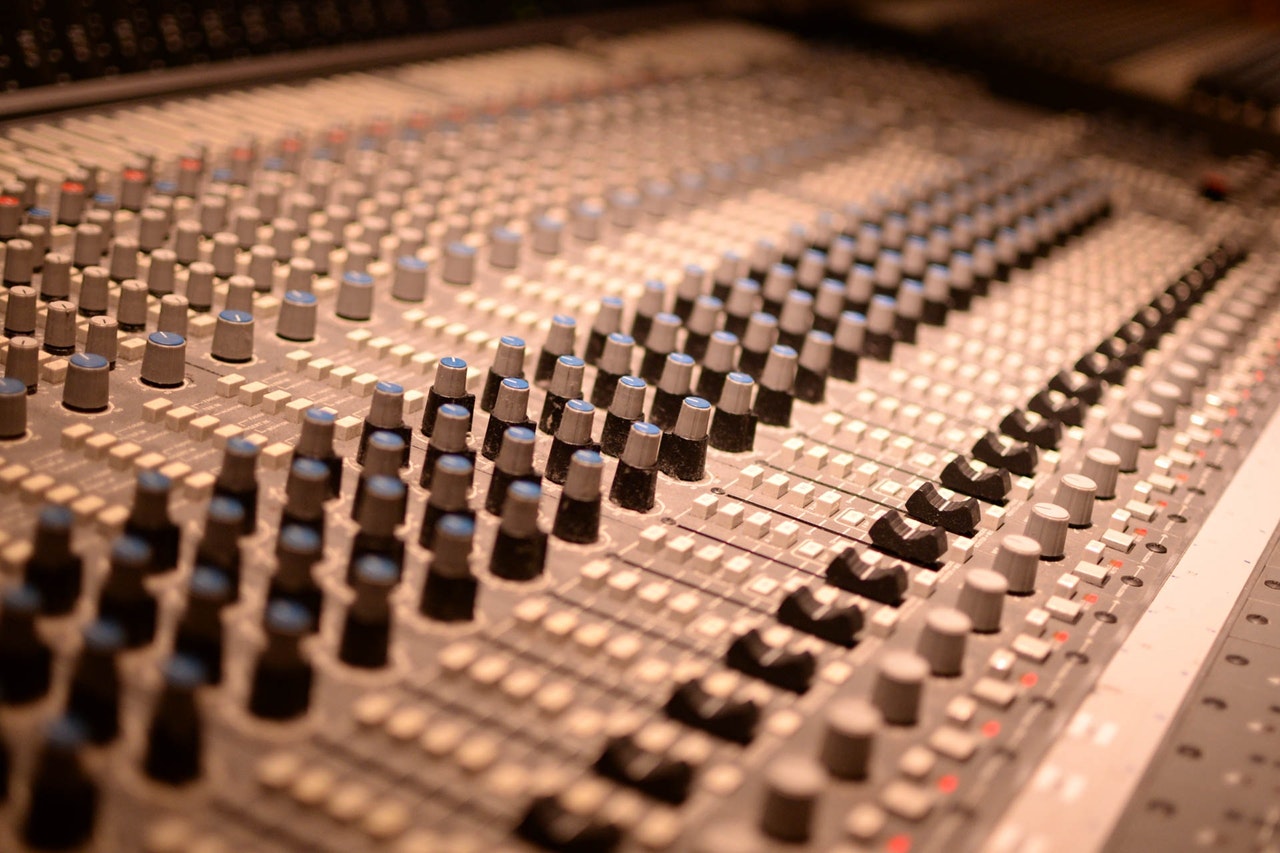Recording Practice
wealthguru·@wealthguru·
0.000 HBDRecording Practice
 I am all for it. I bought a Fostex digital recorder about a year ago. Still don't know how to use it. I got to the point of bringing it to practice and fooling around with it and getting everyone pissed off - like I was always wasting time. But the few songs I captured really told a story. One extended solo was perfect, because we could pick out what sounded good and what didn't, so we could chop it down and structure it better. Recently, I bought another. We have used this thing live and for practice and the sound quality is out of this world. It's as if you were there. Here are the benefits I have gathered: 1. Listen to your parts/fills and actually hear if they fit. You can't ever tell this while you are playing, no matter how much you believe it. You would be surprised how different things sound when you aren't playing, while you're listening. When you step back, and just listen, you become the audience and you can tell if you are overplaying or "trying to fit a square where a circle should be." Sometimes, things are great in theory, but not reality. 2. Listen to your timing and the timing of your band. This is another area that is hard to assess as you hammer away. I fixed tons of transitional issues, slowing down, rushing, who's off..and the magic phrase applies: "the tape don't lie." You can avoid an arguement with your guitar player, who wants act like you're crazy for bringing something up or pointing out that he rushed through his solo - just listen back to it. The tape don't lie. 3. When you rehearse, listen to the order your songs are in. You can determine (like you were an audience member) how well the set flows - are there songs that are grouped closely that are too similart in tempo, key, feel, etc? How powerful are the openers and closers? Are they what you expected? 4. Lastly, you can actually hear the song, as if you didn't write it and its cheap. You don't have to wait until its studio-time and you need to shell out $350 a day. Buy this machine, or one like it and you won't regret it. You can drive around and almost "zone out" and hear the song, like it just came on the radio. Its really cool when you write a song and do this and end up saying, "Oh shit! This is us?" With this machine, you can really analyze your technical game and figure out where to work on things. Sometimes, you worked all day and weren't thinking clearly...so, you messed a few things up as 8pm rolled around at practice. You can distinguish between a situation like that and lacking in the technical area by listening to your recordings. You can hear which fills were crisp and clean and which were thrown together. You may be able to hear that during rolls, your right hand hits a lot harder. You can now fix that and work on it. The possibilities are endless and I promise if you take it seriously, you can re-invent yourself as a drummer. Believe me, this did wonders for me and my band's sound vastly improved because of it.